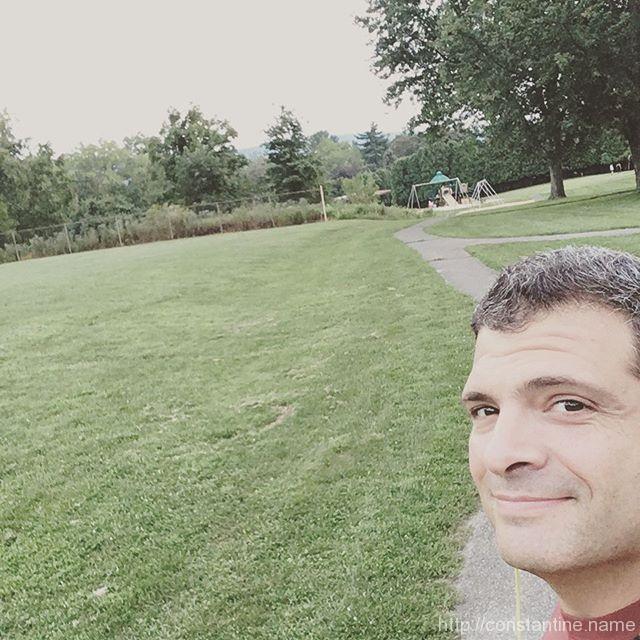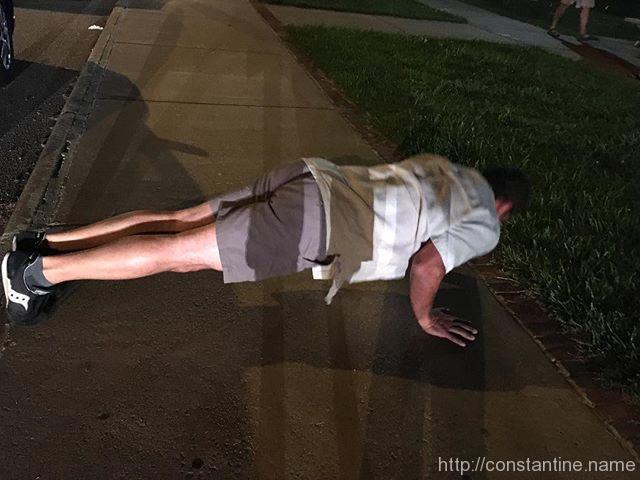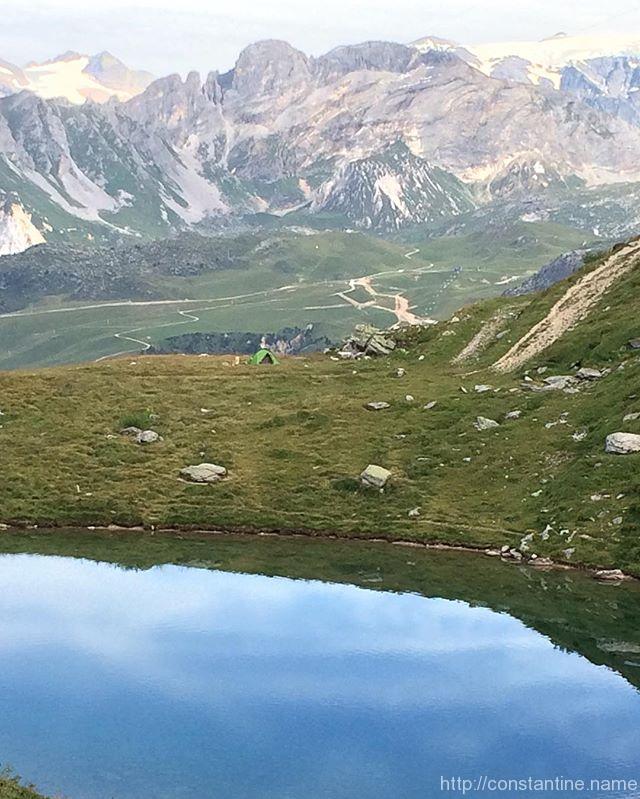Imagine if the NFL had to choose between receiving taxpayer funds or allowing its players to exercise their First Amendment rights. Imagine if Facebook had to choose between Section 230 immunity and incorporating the First Amendment into its terms and conditions. Imagine if the First Amendment got the shot in the arm that it desperately needs.
~ Marc J. Randazza from, «https://www.popehat.com/2018/06/19/randazza-trump-twitter-the-nfl-and-everything/»
This article is rabid. I mean, feces-flinging monkies rabid.
…and suggests a really intriguing idea: What if, in order to receive federal money, or other special consideration from the Federal Government, that entity had to incorporate the principles of the First Amendment to the U.S. Constituation?
This spun me off on a tangent I had once followed long ago: The Constitutional Law concept of “incorporation.”
Question: It is obvious that the First Amendment to the U.S. Constitution restricts the U.S. Federal government. But does it also restrict each of the State governments?
What if your State constitution happens to NOT have free-speech protections built into it? Would that mean the State could limit your speech? What about all those other layers of government below the State government? What about all the other protections in the U.S. Constitution?
I mean– I bet you just ASSUMED the First Amendment protected you all the way down to your local government.
It turns out that the Judiciary, around the turn of the twentieth century, has been following a principle called “incorporation.” Thanks to the Fourteenth Amendment to the U.S. Constitution saying that States cannot deprive people of “liberty” without “due process of law” … BAM! The first Amendment is incorporated in “due process of law”!
…and then that made me nervous because it seems a little tenuous.
Try this: constitutional law concept of incorporation
…or Wikipedia’s, “Incorporation, in United States law, is the doctrine by which portions of the Bill of Rights have been made applicable to the states. When the Bill of Rights was first ratified, courts held that its protections only extended to the actions of the federal government and that the Bill of Rights did not place limitations on the authority of state and local governments.”
Wait, “portions”?! Oh this is sounding sketchy…
ɕ






